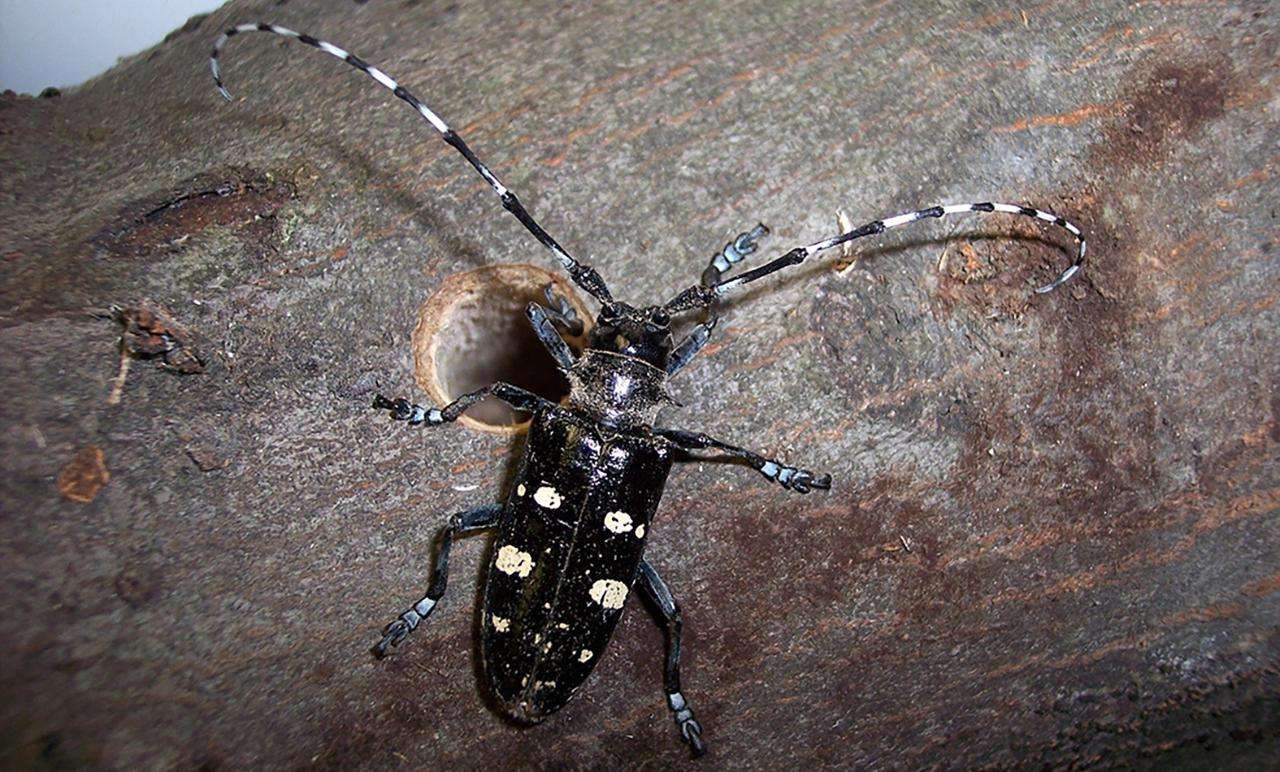(BPT) - Insects and snails are a critical part of the planet's ecosystem. Bees, for example, pollinate important crops and provide high-quality food like honey, while snails feed on dead or rotting organic matter in the soil to speed up recycling of plant nutrients. This makes collecting and studying these fascinating creatures a rewarding hobby. But for U.S. agriculture and the environment, live insect and snail collection is serious business.
Certain insects and snails, from beetles to moths and flies, are not native to the U.S. and pose serious risks to our nation's agriculture, ecosystems and public health if they escape into the wild. To protect our natural treasures from invasive species and comply with federal and state laws, it's crucial to follow specific guidelines when collecting and caring for these animals.
Harmless pets or damaging invasive species?
Invasive insects and snails can cause devastating economic and environmental damage. Without their natural predators and diseases, these species can multiply quickly, outcompeting native species and destroying crops or habitats.
The giant African snail is a favorite in the pet trade and a damaging invasive species capable of destroying over 500 types of plants and vegetables, such as lettuce, cucumbers, fruit and beans. It reproduces prolifically and can even eat tree bark, ornamental plants, as well as the stucco off your walls! Perhaps most alarming is that the giant African snail can carry parasites harmful to humans and animals. That's why it is illegal to own, sell or import them into the U.S.
Similarly, collecting or owning the Asian longhorned beetle (ALB) - or other invasive beetles - is illegal in the United States. ALB feeds on and kills maple and other hardwood trees, which cannot recover from the damage. As a live insect, this species will never be legal to keep for education purposes, or even as a pet. However, there are safe and legal ways to collect certain native insects and snails in the U.S.

Tips for collecting insects and snails
- Do your research: Consult with the U.S. Department of Agriculture's Animal and Plant Health Inspection Service (APHIS) to learn which species require a permit and which are banned from the U.S. because of their potential to do harm. Many states also have restrictions on certain species, so check with your state's Department of Agriculture before acquiring these pets.
- Work with reputable vendors: Only purchase insects and snails from sellers who have a PPQ 526 Plant Pest Permit from APHIS. It's illegal to move or import live snails or insects across state lines without the 526 permit. Even if a seller says the species is legal, it's the buyer's responsibility to know.
- Remember: By sourcing an insect and snail collection responsibly, anyone can both enjoy an interesting hobby and help to protect America's food sources and landscape.
Safeguard the environment and ecosystems
It's important to not only consider how you collect live insects and snails, but also to carefully manage how you dispose of them. Never release live insects or snails into the wild - it's both illegal and harmful to the environment.
If for any reason you cannot keep your collection and need to relocate or euthanize your collection of live insects or snails, there are safe methods. If you don't feel comfortable doing this, please call your local plant health contacts to transfer them to Federal agricultural officials.
For additional guidance on purchasing and caring for live insects and snails, call the USDA at (866) 524-5421 or contact Pest.Permits@usda.gov. For more information on invasive species and how to prevent their spread, visit HungryPests.com.
This article is brought to you by USDA.




